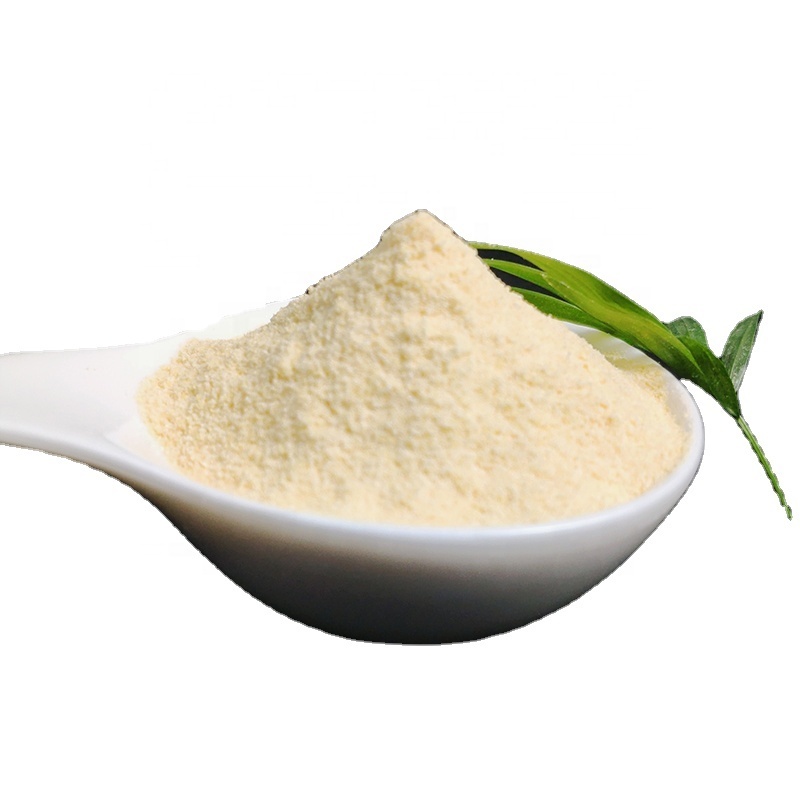-
Categories
-
Pharmaceutical Intermediates
-
Active Pharmaceutical Ingredients
-
Food Additives
- Industrial Coatings
- Agrochemicals
- Dyes and Pigments
- Surfactant
- Flavors and Fragrances
- Chemical Reagents
- Catalyst and Auxiliary
- Natural Products
- Inorganic Chemistry
-
Organic Chemistry
-
Biochemical Engineering
- Analytical Chemistry
-
Cosmetic Ingredient
- Water Treatment Chemical
-
Pharmaceutical Intermediates
Promotion
ECHEMI Mall
Wholesale
Weekly Price
Exhibition
News
-
Trade Service
According to reports, a US Treasury official said that the price cap imposed by the G7 on Russia will not be replicated by
OPEC.
Previously, OPEC's production cut plan had already unnerved
oil consumers.
The official said the U.
S.
government had communicated with OPEC representatives to assure them that plans for Russia would be limited and that OPEC would not be targeted by
the United States and its allies.
Last week, Deputy Treasury Secretary Wally Adeyemo said OPEC officials had not linked
the move to a cap on Russian oil prices in discussions with the United States.
The officials who revealed the news also added that the December 5 price cap plan is only for Russia and will not be extended to other producers, even if their decision to cut production pushes up energy prices
.
The official said the new sanctions did not mean the formation of a new buyer cartel to confront
the OPEC group.
Separately, the International Energy Agency (IEA) said last week that OPEC+ production cuts have pushed up global oil prices and are more likely to push the global economy into recession
.
But the U.
S.
Treasury official sees little impact on oil prices, saying it could take $30 to $40 or 10 times OPEC's cuts to trigger a recession
.
Saudi Arabia, the largest oil exporter and the de facto leader of OPEC, could help ease tensions between the United States and Saudi
Arabia.
It is understood that the tension between oil consuming countries such as the United States and oil producing countries over production policy has heated up
.
OPEC+ announced last week that it would cut oil production by 2 million b/d in November-December to balance the market and dampen volatility
.
But Saudi Arabia said the actual cut could be about 1 million b/d
as several OPEC members struggle to meet their existing production targets.
Some sources believe that OPEC's anger over the price limit plan is one of
the reasons for its decision to reduce production.
The United States has also previously expressed dissatisfaction, as production cuts may cause US inflation to soar again in the weeks leading up to the midterm elections and could lead to Biden and Democrats losing
the midterm elections.
Earlier, the United States said it would take punitive measures, and then suggested that the move was a political intention by Saudi Arabia, saying that Saudi Arabia coerced other member states to agree to cut production
.
However, on Sunday, Saudi Arabia came forward to deny its support for the Russia-Ukraine conflict, saying that the "unanimous" OPEC+ production reduction decision was purely economic, and Saudi Arabia's response was also supported
by OPEC members.







